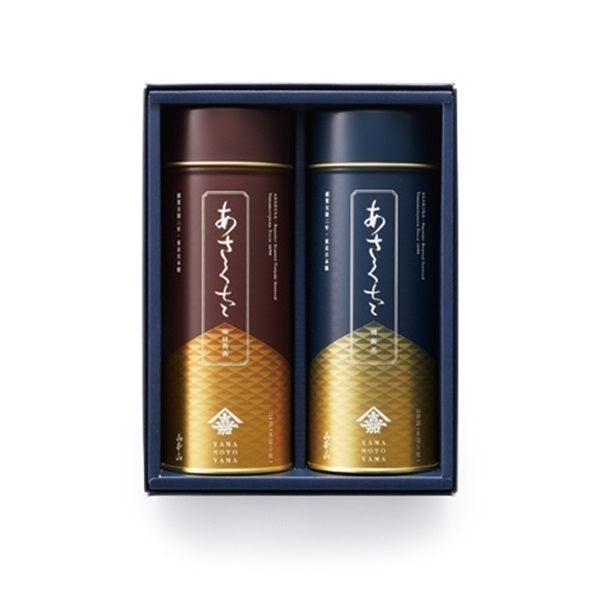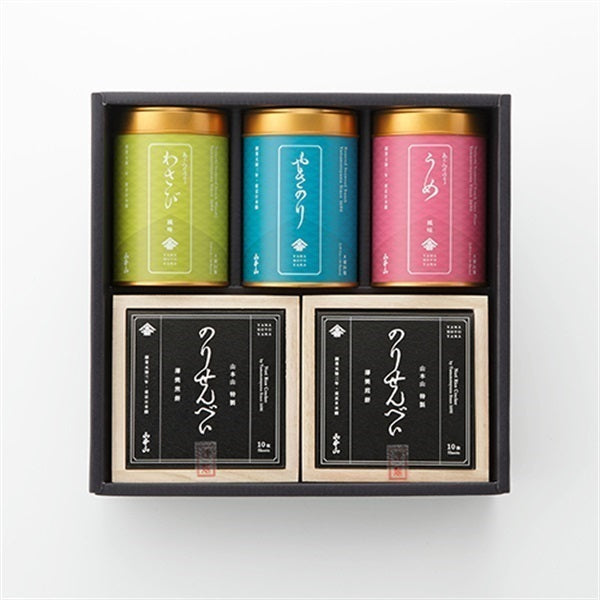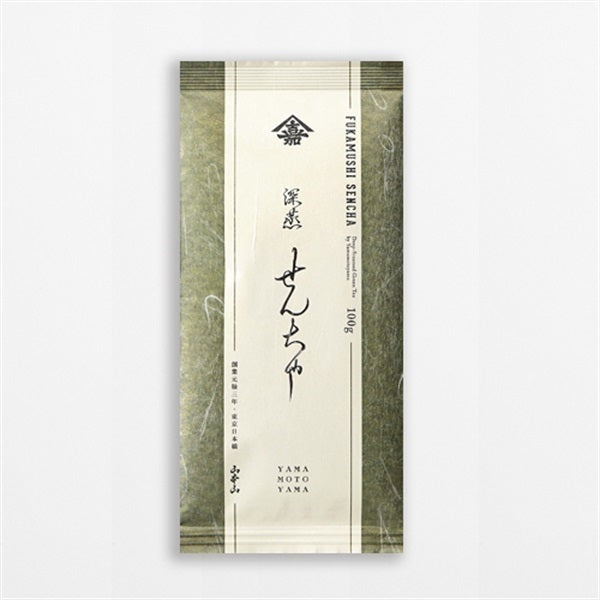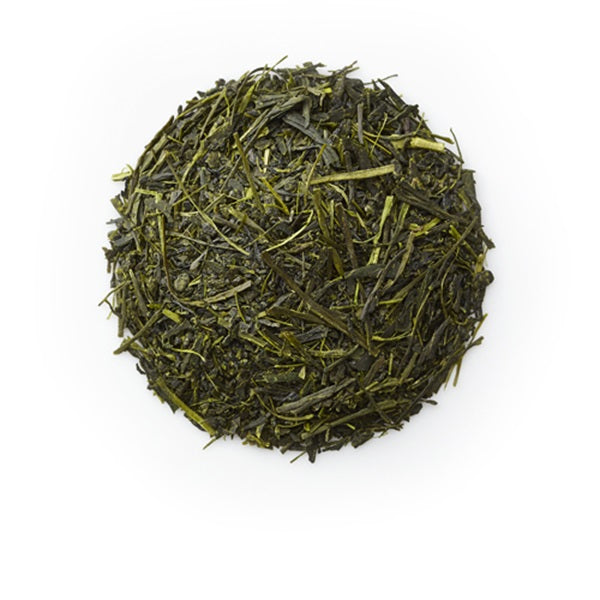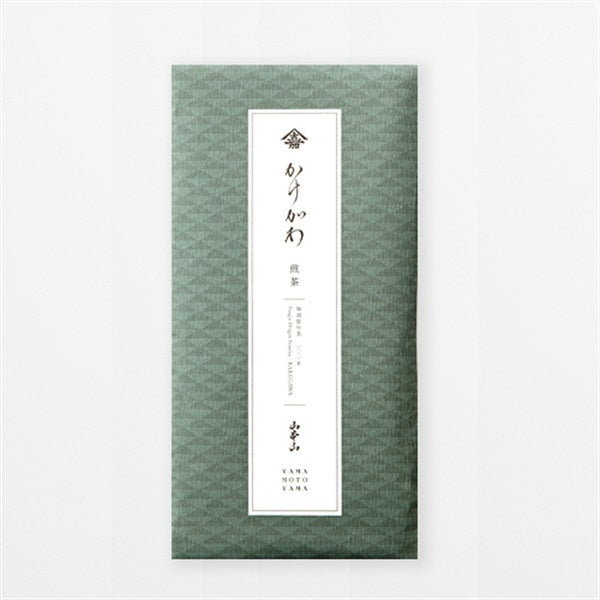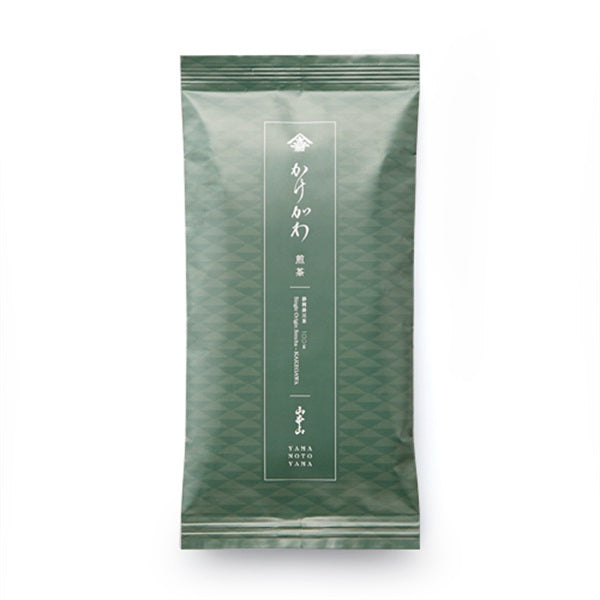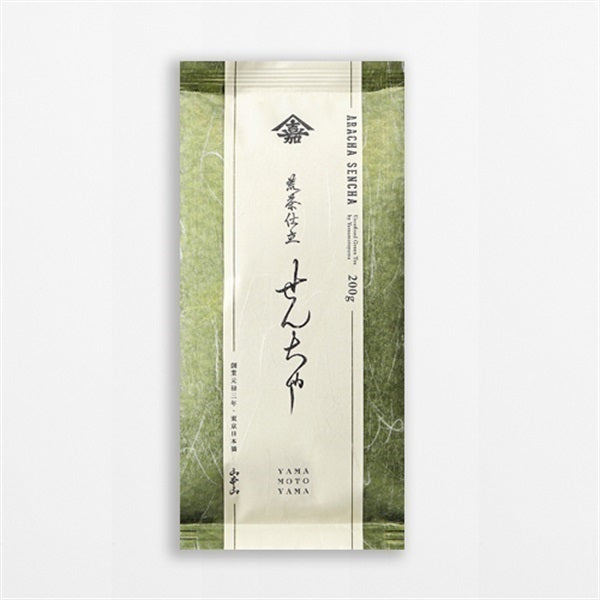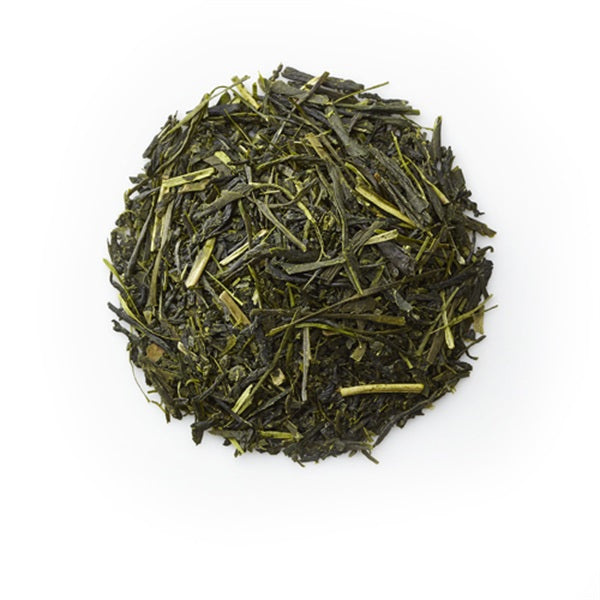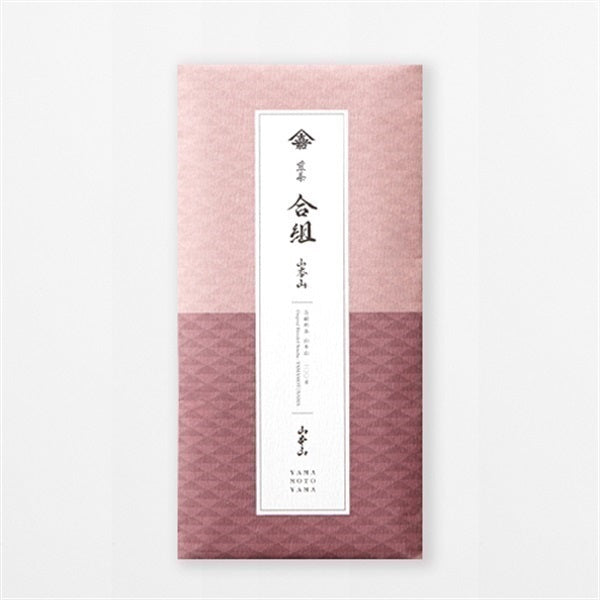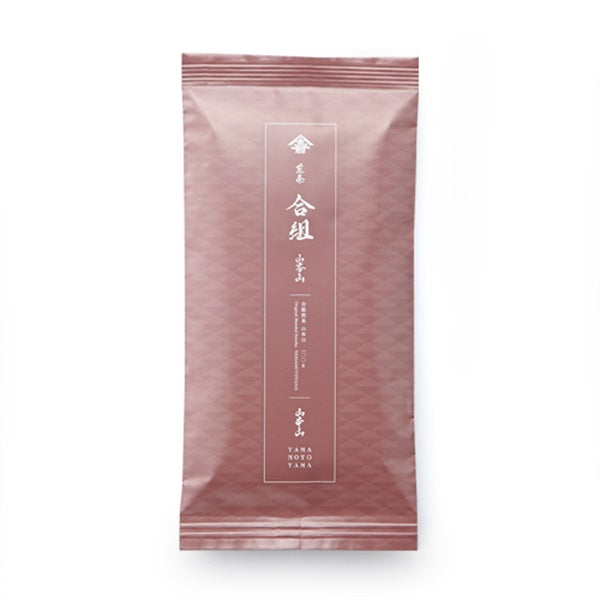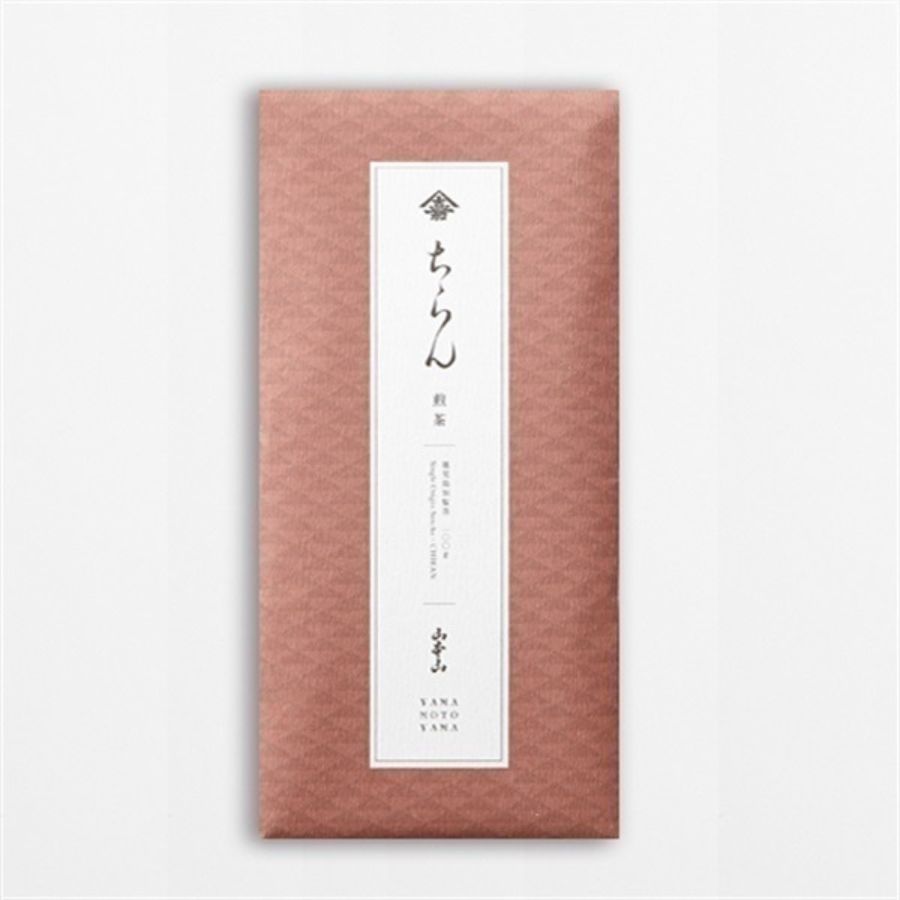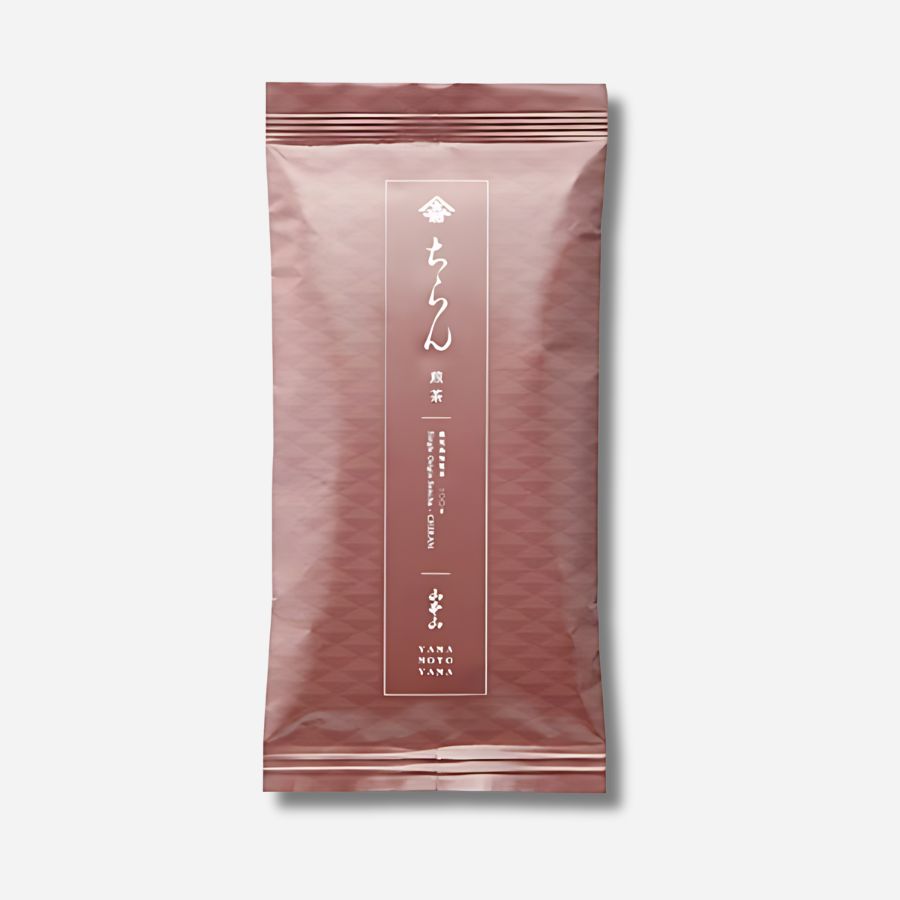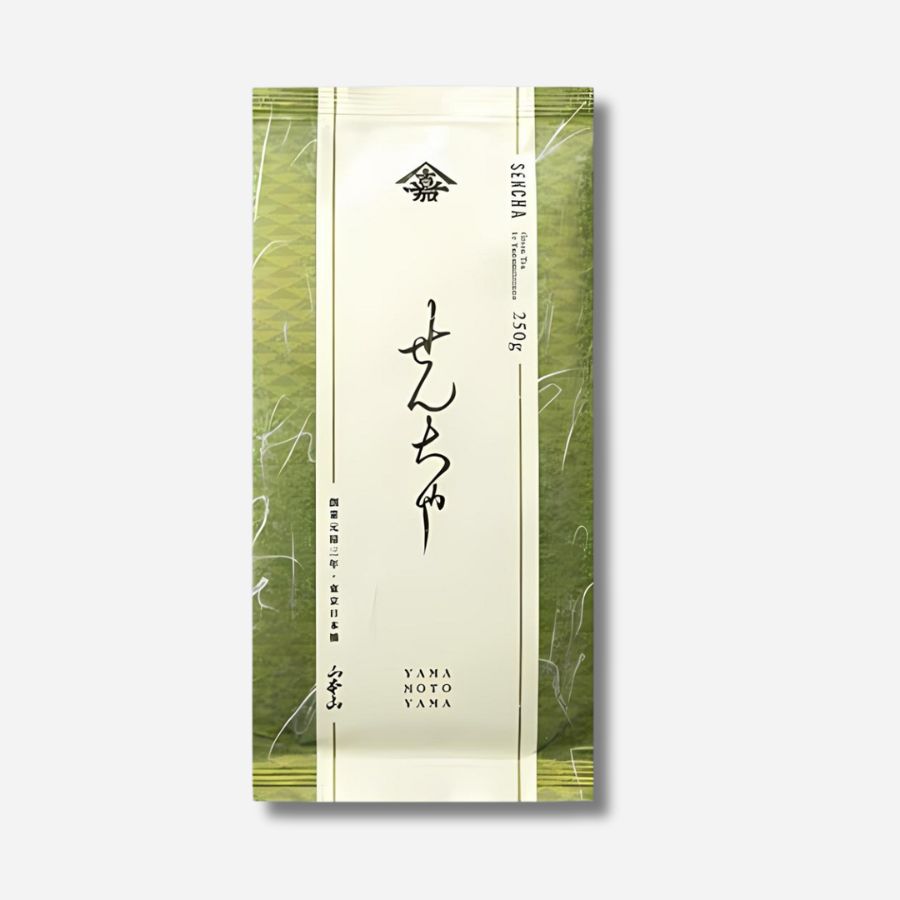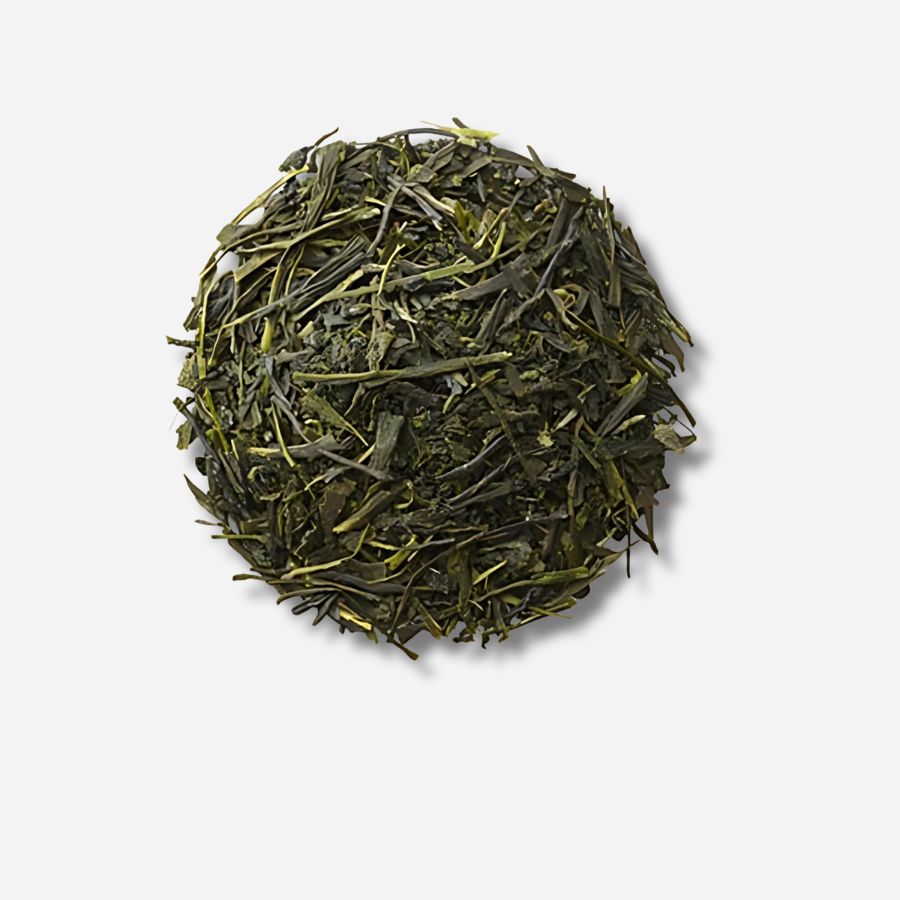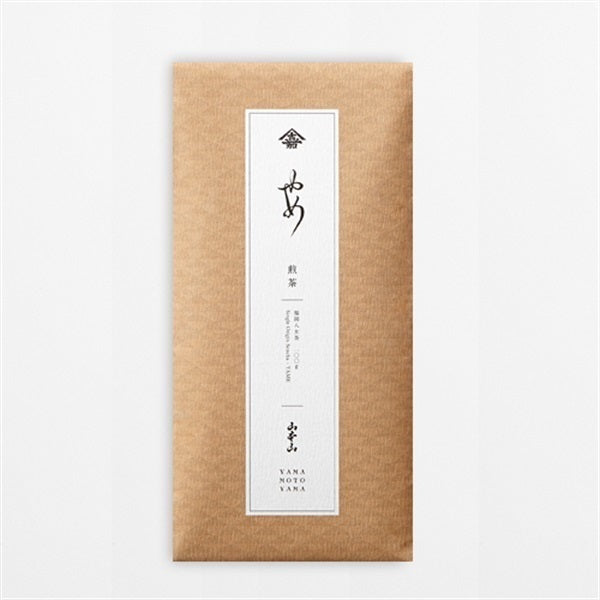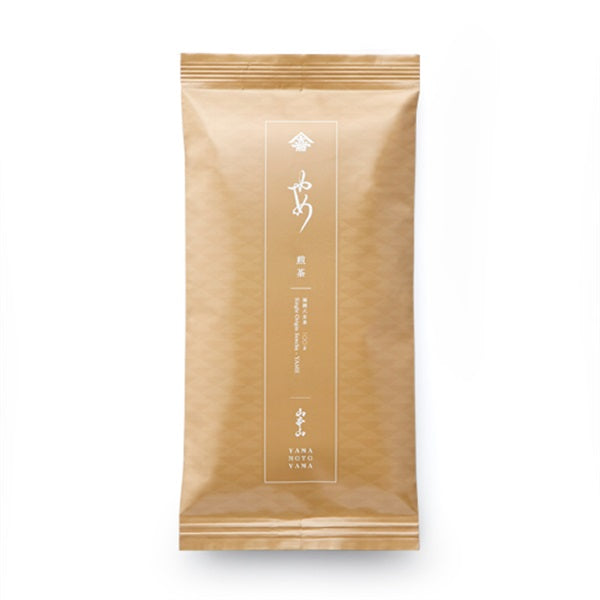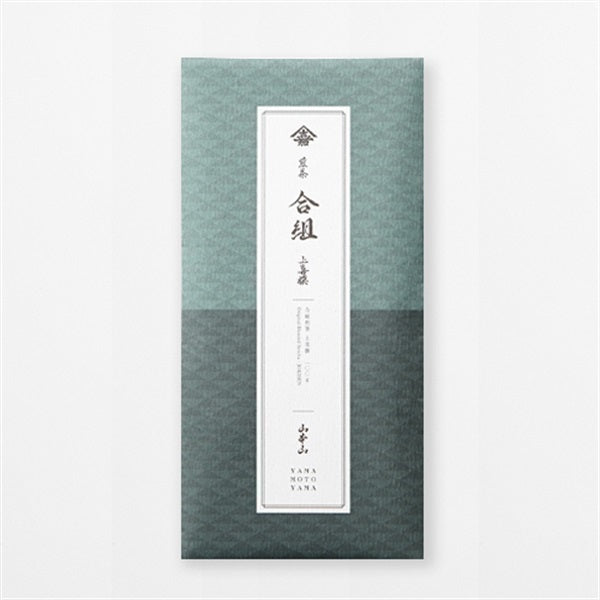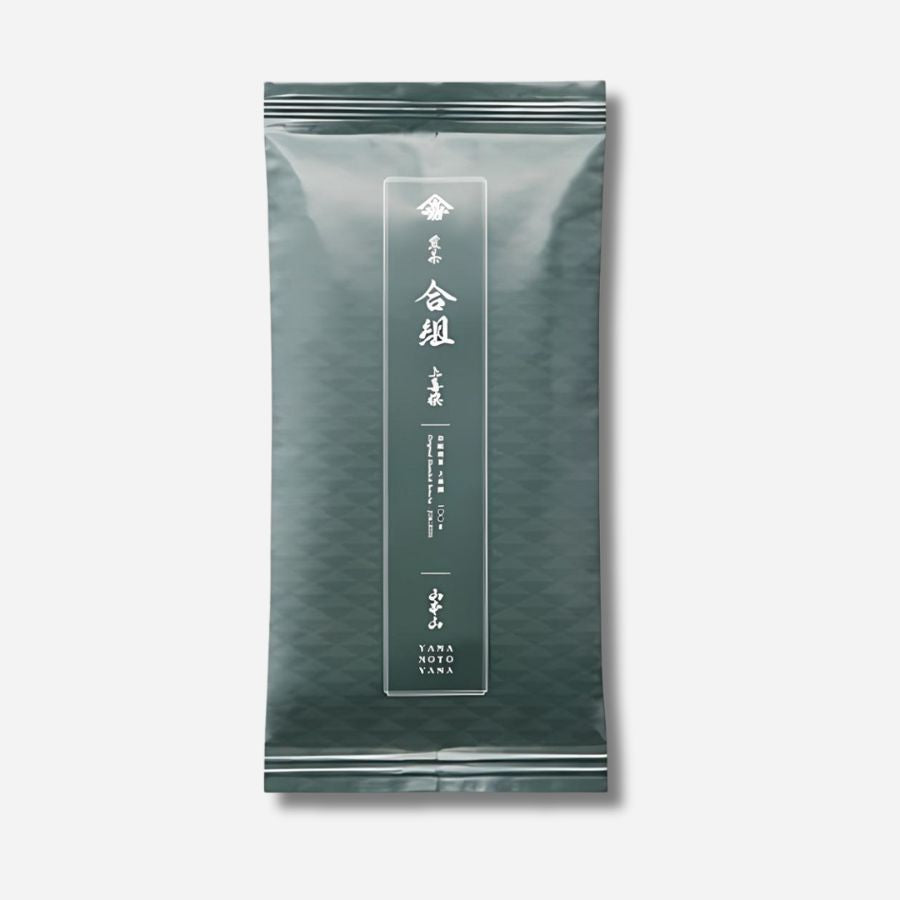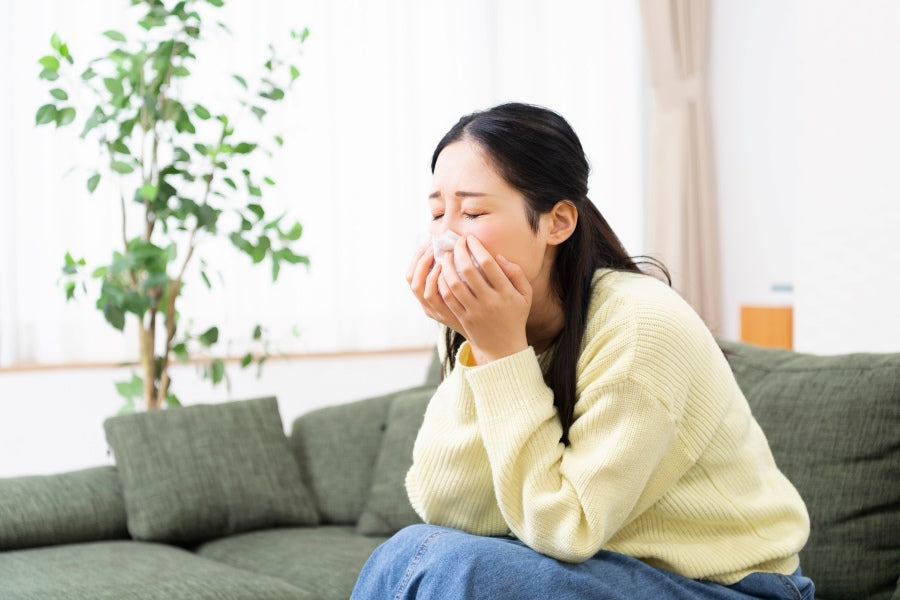
Improve your allergies! Learn about the anti-allergic effects of green tea
Introduction
The effectiveness of tea goes beyond preventing lifestyle-related diseases.
Various studies have been conducted on the effects of green tea on allergies, and some results have been reported. This is because the component catechin contained in green tea may suppress the action of substances involved in allergic reactions.
This time, we will introduce the anti-allergic effects of green tea.

The mechanism behind allergies
The human body has a defense mechanism that recognizes and attempts to eliminate foreign substances such as bacteria that enter the body from the outside.
Allergic symptoms are an error in this defense mechanism, occurring when our body overreacts to foreign substances such as pollen, dust, and mites.
Our skin and mucous membranes contain immune cells called "mast cells" that protect us from the invasion of foreign substances. When allergens such as dust mites or pollen enter the body, they produce a protein called IgE antibody.
However, when an allergen enters the body again, the IgE antibodies are activated and chemical messengers such as histamine are released.
This causes allergic symptoms such as itching and sneezing.

Anti-allergic effect of green tea
In recent years, research into allergies has progressed, and it has become clear that the catechins contained in tea have the effect of suppressing the release of histamine.
In particular, epigallocatechin gallate (EGCg), which is found in large amounts in green tea, is expected to be effective in alleviating allergy symptoms such as hay fever.
Furthermore, recent studies have shown that methylated catechin, a type of EGCg, has even stronger anti-allergic effects.

Anti-allergic effects vary by variety
As mentioned above, green tea catechins may help relieve allergy symptoms, but not all green teas are created equal.
The anti-allergic effects of tea vary depending on the variety, but green tea made from the black tea varieties "Benifuki" and "Benhomare" in particular are known to have strong anti-allergic effects.

The reason why varieties such as "Benifuki" and "Benhomare" have strong anti-allergic effects is because they contain more of a component called "methylated catechin" than other varieties.
Methylated catechin, a type of catechin, is thought to block the transmission of information even if an antigen such as pollen attaches to a receptor on the surface of a cell, thereby preventing the release of histamine and other allergy-causing substances. (Mariko Yamamoto (Maeda) 1999)

Benifuuki tea gains popularity
In this way, it has been scientifically proven that the component methylated catechin, which is abundant in Benifuuki, has the effect of suppressing allergic reactions, making it a great ally for many people who suffer from hay fever.
Benifuuki was originally cultivated as a raw material for black tea, but in the process of processing it into black tea, the methylated catechins are converted into other compounds, so to maximize its effects, it is recommended to enjoy it as green tea. Among green teas, those processed into sencha and kamairicha are the most common.

The key to getting the most out of methylated catechins is to brew it with water that is 90-95°C. Pour in the boiling water and leave it for about 5 minutes to slowly extract the ingredients.
Additionally, it is recommended to add ginger or honey, or take powdered methylated catechins.
By trying these methods, you can get methylated catechins into your body more effectively.

summary
Benifuuki tea is now cultivated all over the country, is easily available for purchase, and has become a reliable source of support for our health.
However, drinking green tea alone will not completely cure your allergies. It is important to think of it as merely a supplementary measure to relieve allergic symptoms.
If you are concerned about allergic symptoms, consult a doctor and receive appropriate treatment.

